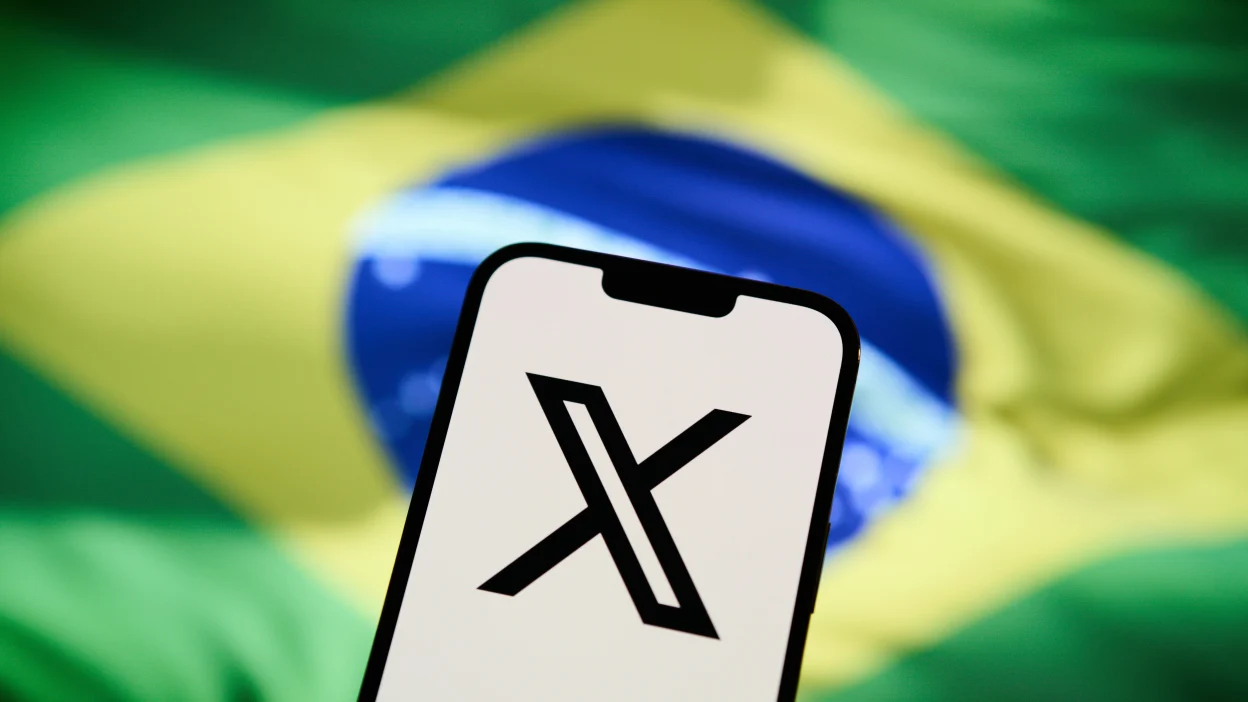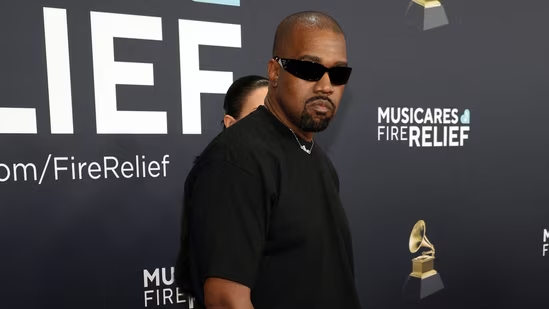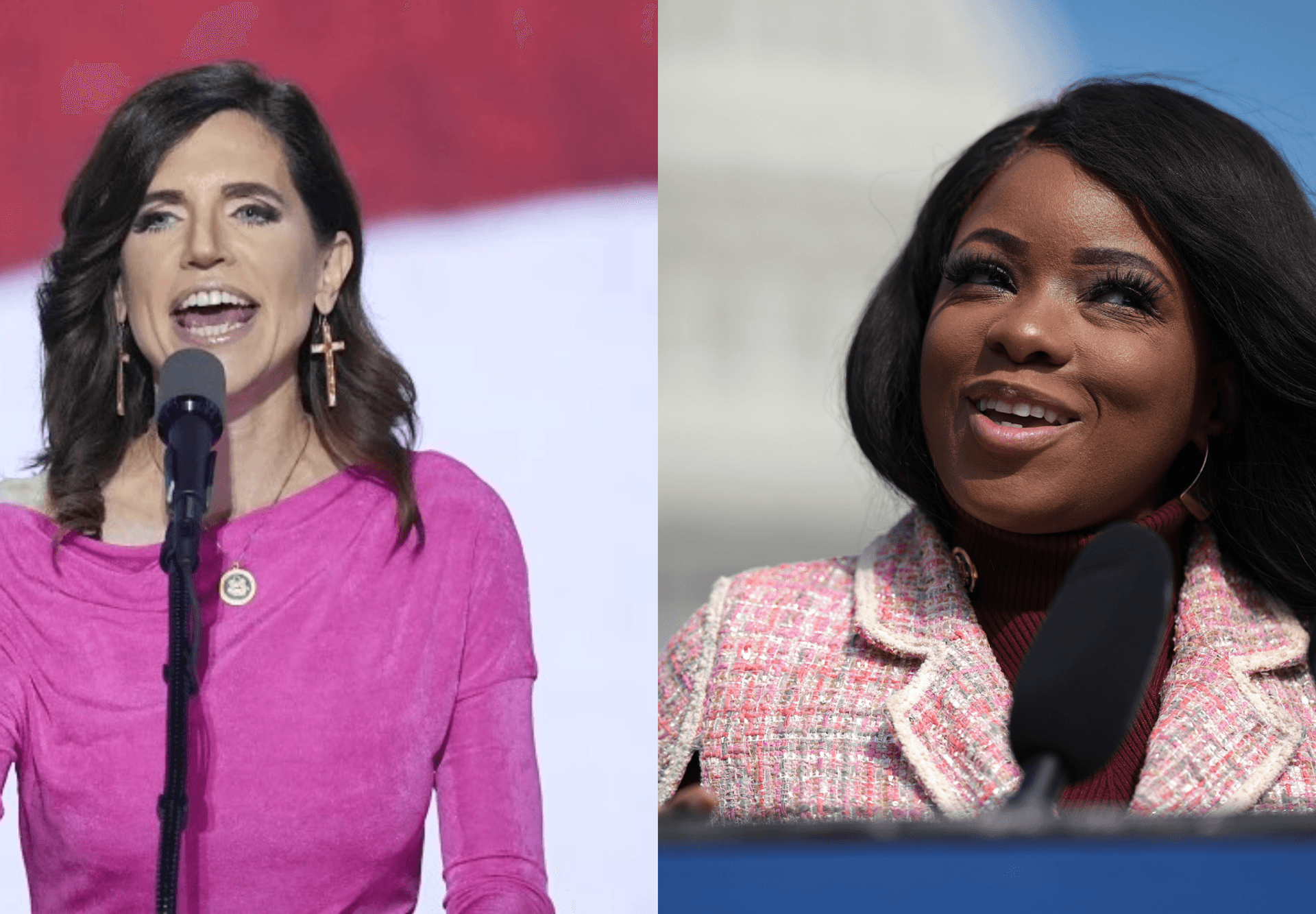Recently, the social media platform X which was previously known as Twitter was effectively banned in Brazil after some legal issues between Elon Musk and the Brazil government. It was a decision taken by the Brazilian Supreme Court after Elon Musk refused to comply with the court’s order to appoint a legal representative in the country. The Supreme Court order has affected XDD and its millions of users in Brazil, which has a vast population of about 200 million.
Background of the Dispute
The clash started in April 2024 after Brazilian Supreme Court Justice Alexandre de Moraes ordered the suspension of many X accounts that were accused of spreading misinformation. This order was part of a larger investigation into “digital militias” that was connected to Brazil’s former President Jair Bolsonaro’s actions to damage democratic processes after his defeat in the 2022 elections.
Musk, as he is well known for his advocacy for free speech, had condemned the ruling as censorship and has been talking about his dissatisfaction with overreach by the Brazilian court.
The situation became worse when Justice De Moraes issued a 24-hour ultimatum for X to appoint a legal representative in the country. The order was passed without compliance from X, which resulted in the Supreme Court’s order to block access to X. After the ruling was passed, Brazil’s telecommunications regulator, Anatel, sent instructions to all the internet service providers to block access to X, so that no users can access X in Brazil.
Implications of the Ban
The ban on X in a big country like Brazil has created widespread concern among users worldwide. It is estimated that over 40 million Brazilians connect to X at least once a month. This has sparked a debate among the X users spread over the world, and many users have expressed their frustration with a loss of an important tool for worldwide communication, and that too in a country like Brazil where social media plays an important function in expressing political concerns and activism. The ban on X has also raised questions about the future of other digital media in Brazil. Critics dispute that the decision by the Brazilian government to block X take it is a matter of concern for media and other social platforms. On other the hand, the people who support Justice de Moraes believe that it was necessary to follow and uphold the rule of law.
Musk’s Response
Elon Musk replied in a distrustful tone against the court’s actions and conveyed that the demands were unlawful and a violation of free speech. Musk said he will not comply with what he sees as illegal orders to target political rivalry. Recently, Musk said that the platform’s integrity is paramount and he will continue to fight against what he thinks as authoritarian actions by the Brazilian government. Many of the Brazilian political parties have supported Musk’s view, particularly those that follow Bolsonaro’s ideology.
The Broader Context
This is not a unique case where X has been banned and or put restrictions in several countries. X was previously banned by authoritarian governments like Russia, China, and Iran have put strict restrictions on many social media platforms to contain dissatisfaction and information flow. However, the case of Brazil has a different narrative, since the country is struggling with balancing free speech and the need for accountability on social media. The Brazilian judiciary’s growing involvement in controlling social media shows a growing tendency among governments worldwide who want to get more control over online information.
The Way Ahead
After the Ban on X has been implemented, its future in Brazil remains unsure. The experts for legal matters suggest that Musk should take a stand against this and challenge the court’s ruling however, the process looks very complex and could have many obstacles. The result of this concern could set important examples as how social media must be regulated in democratic countries that face similar challenges.








